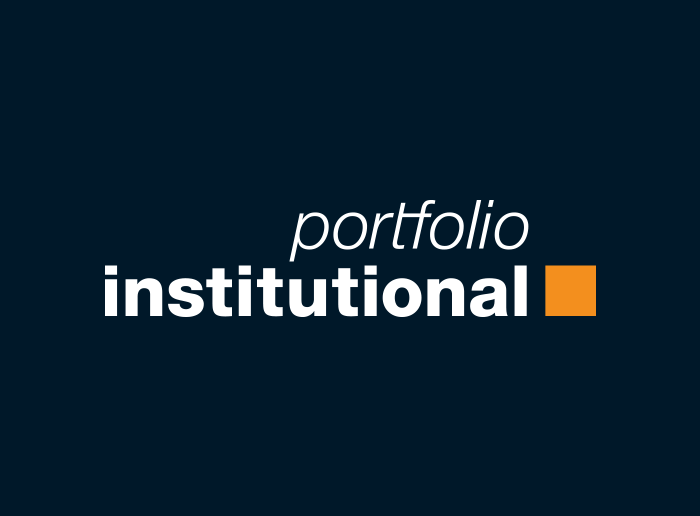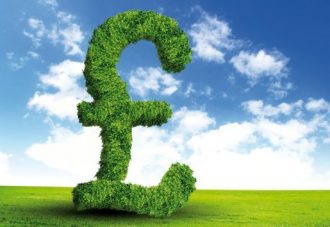LOOKING BEYOND SUSTAINABILITY DISCLOSURE
Investors will look to alternative data sources to balance the growing volume of corporate sustainability disclosure this year.
MSCI believes that 65% of a company’s average ESG rating is driven by data sources beyond voluntary disclosure.
“There is clear momentum for companies disclosing more and more,” Moscardi says. “On average about 35% of any rating is driven by voluntary disclosure,” he adds.
“So a third of the rating is what companies say, the rest is driven by these unique data sets and mandatory data sources. So when we talk about diminishing return on disclosure, more is not necessarily better.
“There has been a tripling in companies contacting us over the past three to four years and it is only going to get worse. There is a sense that we need to do something with this data and this year that will take centre stage.”
THE YEAR OF THE HUMAN
MSCI anticipates that investors will look to invest in people, as artificial intelligence redefines work tasks to require higher skilled human input.
While good workforce data is hard to come by, MSCI has found evidence that companies with stronger human capital practices had better productivity growth than their peers.
“We have titled this year the year of the human because we have done a lot of research into AI and automation and how that is going to affect certain industries,” Moscardi says.
“One of the things that popped up for us was the need for high skilled labour increases as you increase the use of automation.
“Sectors such as auto components have a person problem,” he adds. “They cannot find enough highly-qualified people; they almost have a talent problem. The AI revolution is going to drive investor interest in the human element and how to invest in companies that are maximising their talent pool.
“Even with the limited data we have on human capital, there are intriguing results in that companies that place more emphasis on high-skilled talent actually saw higher productivity growth.”
STANDARDISATION
Policy will be a big theme for Candriam’s sustainable and responsible investment team this year.
The European High-Level Expert Group on sustainable finance published a report in July that set out steps to build a financial system that supports sustainable investment in Europe. Another report is due to published shortly.
The group wants to promote a sustainable finance strategy at a European level for long-term and sustainable growth, by making sure that the right tools, structures and legal systems are available.
“This is a step in the right direction,” Solange Le Jeune, a senior SRI analyst at Candriam, says. “The markets within Europe are all very different. They have a different focus and different strategies, clients have different needs and objectives.
“It creates a blur and although the ultimate goal is always the same it is difficult to introduce, in practice terms, investment solutions,” she adds.
“Having a strategy at the European level could help define things a bit more, be more acute and decide on the definitions and what you want to achieve. It could help maybe having a structure at the European level could help countries develop their own strategies in a consistent way and countries can make progress together.
“One of the things that we struggle with is understanding what sustainable finance and ESG means. So anything which can help define things, where the strategy is, what we need to achieve, where we want to go and the regulations that go with this can really help the market.”







